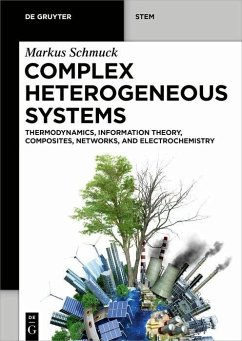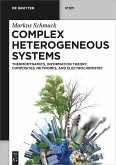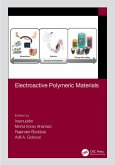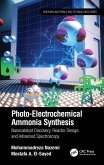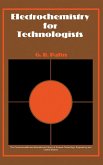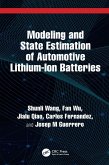The work considers interacting systems that exchange energy, mass, information, etc. in various ways. The elementary building blocks of CHeSs are based on fundamental thermodynamic, chemical, material, physical, and mathematical principles such as variational and graph-theoretic concepts. It investigates ways of defining complexity, computing percolation thresholds, making smart decisions also by learning from data/past experiences (e.g., providing a systematic approach towards battery management systems), and identifying battery life (e.g., by blow-up analysis of highly nonlinear concentrated solutions).
Ultimately, the elaborated tools shall allow the reader to obtain a general understanding for simulating (also on quantum computers), controlling, and developing CHeSs as well as to pave the way for a general theory on CHeSs generalizing the view on complexity, measurement, estimation, and control.
M. Schmuck currently is a research scientist and development engineer for a Switzerland-wide Sensor and Data Fusion System as well as an Academic Visitor of the Faculty of Engineering, Imperial College, London. He obtained his MSc degree from ETH Zürich and his PhD from Universität Tübingen, both in Mathematics. Subsequently, he was awarded a prospective researcher grant from the Swiss National Science Foundation funding his research on the development of rigorous mathematical methods in electrochemistry at Engineering and Mathematics Departments of the Massachusettes Institute of Technology (MIT), Cambridge. He continued his line of research with a focus on fluid flow at the Imperial College, London, again jointly in Engineering and Mathematics Departments before his appointment as an Assistant Professor in 2013 at the Maxwell Institute for Mathematical Sciences and Heriot-Watt University, Edinburgh. Thanks to a research award from the Engineering and Physical Sciences Research Council (EPSRC) for a project on the rigorous and systematic upscaling and the simulation of lithium batteries taking also phase transforming intercalation hosts into account, he was promoted to Associate Professor in 2017.
Dieser Download kann aus rechtlichen Gründen nur mit Rechnungsadresse in A, B, BG, CY, CZ, D, DK, EW, E, FIN, F, GR, HR, H, IRL, I, LT, L, LR, M, NL, PL, P, R, S, SLO, SK ausgeliefert werden.

